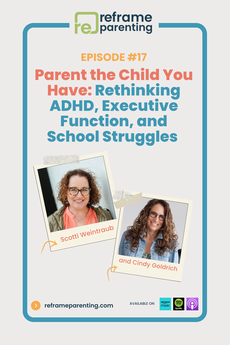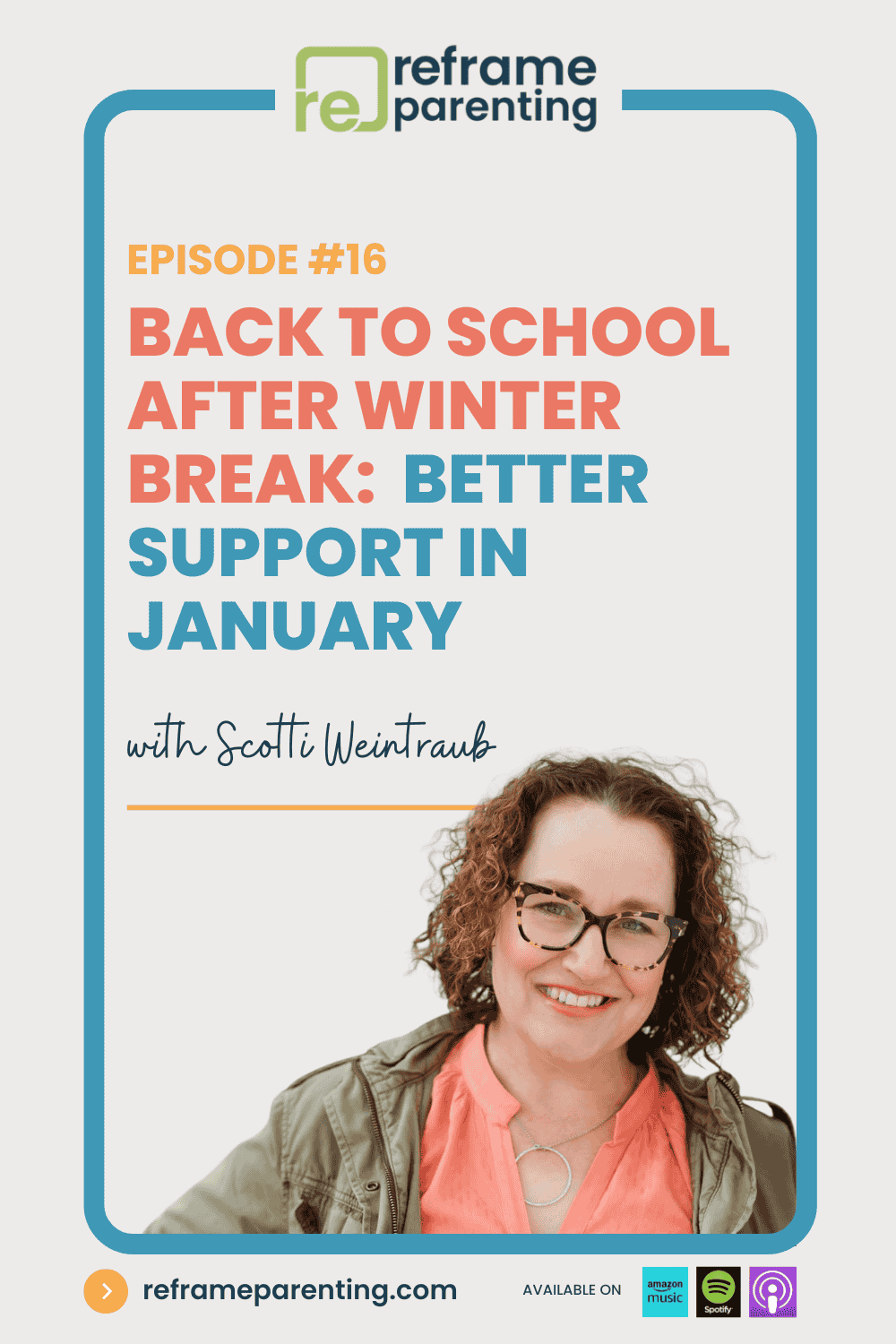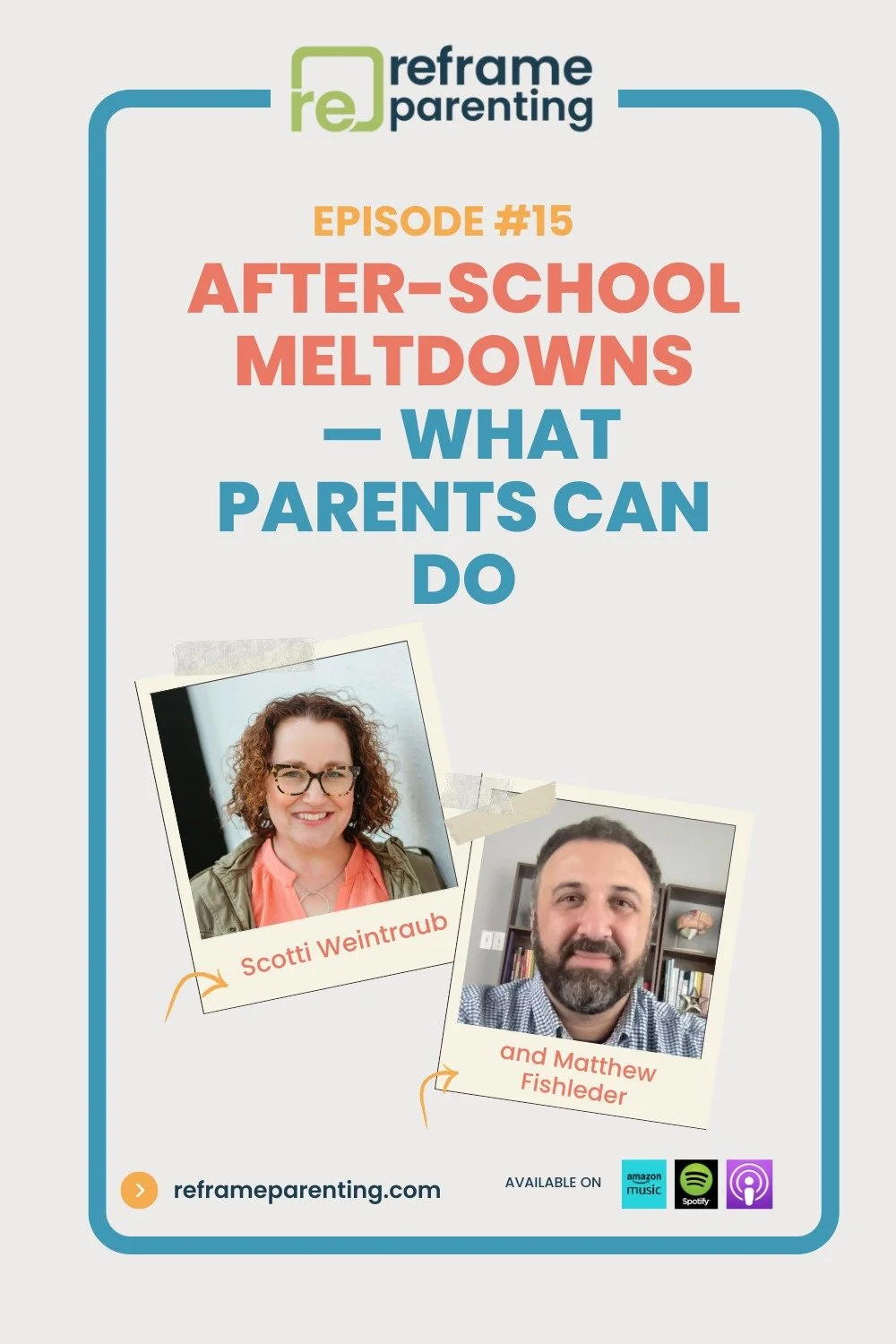5 reasons your child may be learning & growing at their own pace
Being a parent can feel like the ultimate game of comparison as blood sport. Almost as soon as they arrive, our kid is being compared to others - are they eating enough, growing enough, hitting all the milestones at exactly the right time?
When my son was a baby, I felt this all too keenly. He didn’t sleep well AT ALL. Even my mother in law weighed in with her rose-colored-memory to suggest that clearly he took after my side of the family because her kids had slept through the night at one week old. (I have real doubts about this version of events!) It felt like the comparisons were everywhere I turned .
This didn’t change as my kids got older and they faced challenges at school. But my own feelings and how I dealt with them did change!
What have I come to embrace that made the biggest difference?
Every child learns and grows at their own pace.
But WHY might your child be learning or growing at their own unique pace? **
“Average” or “normal” is a big range. You know those growth charts they use at the pediatrician’s - they have to have data points all along the scale of 0-100 in order for the chart to even exist. This - and other measurements - do not mean that a kid not at 50% is abnormal. (Obviously check with your doctor if you have health concerns about your child!)
Kids have different strengths and different challenges. Just like with adults, some kids are naturally stronger in certain subjects and in certain environments. Similarly, different things are challenging for each of us. Just because I excelled at one thing as a student does not mean it might not be more difficult for my child. We’re all unique!
Age. In any given grade, there can be tremendous differences in the age of students. You can encounter students as much as a year apart in age or more. Cut-off dates, policies, red-shirting - these all play into a big range of ages in any particular grade level. Those 9-12 months of difference can be huge for some students in terms of their development and learning.
They may get there with time and assistance. Just because a child hasn’t achieved or learned something or figured something out - doesn’t mean they never will. What might they need to get them there? Time? Extra support at home or school? A better understanding of how they best learn?
Different brain wiring. Kids with ADHD, for instance, often have brains that develop later than those of their neuro-typical peers. Kids with anxiety can have challenging behavior that’s mistaken for immaturity.
Why is this parenting Reframe so powerful? If we take the weight off of meeting every timeline, every milestone, and every mark of maturity exactly as others have done, then we free ourselves up to recognize the unique journey of every child. Gone is the pressure to keep up with the kid next door.
Sounds easy, but it’s usually not as simple as we’d like. We’re wired to want the best for our children and when they aren’t measuring up just right (whatever that means), it’s hard. But information, empathy, and a bit of patience go a long way.
For more parenting reframes, check out the idea of flexible thinking for kids - and adults! This blog post will get you started.
**This is not medical advice. Contact your doctor with any questions or concerns about your child’s growth or development.








